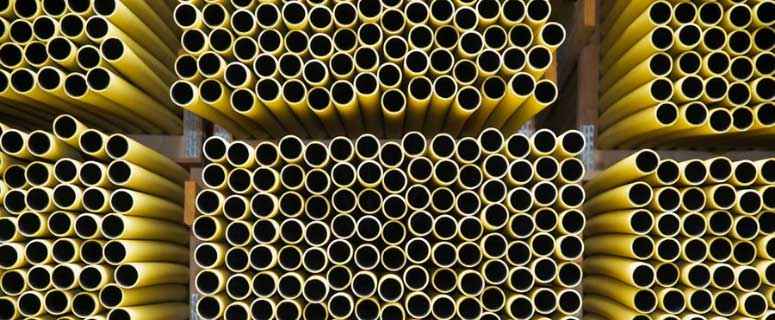Top 5 Piping Picks For Your Home’s Safety
You have a fire alarm and possible a carbon monoxide alarm, maybe a water filter too? Your home may also be under the watchful eye of a security company or protection dog. Even if you only take minor steps toward your family’s safety, they are steps nonetheless. This means that you should consider other things in your home that could be thought of as dangerous--your pipes.
Your pipes are responsible for carrying fresh water to your loved ones and removing old waste from. Why wouldn’t you want the best piping in your home? We’re going to take a look at the top 5 piping choices for your home. Keep reading for more information!
Picking PEX
You might hear ‘PEX piping’ and think it might be similar to other plastic-like piping. While this isn’t exactly far from the truth, choosing PEX means you are choosing a durable, easy-to-install pipe.
It does not require glue so ventilation is never an issue, and it can withstand freezing temperatures without the likelihood of bursting. PEX doesn’t corrode like copper which means it is long-lasting; it is also cheaper than copper making it more cost-effective.
Stainless Steel: Strong & Light
Stainless steel is known for being resistant to corrosion. This is ideal because you won’t have to worry about rust forming and contaminating your drinking supply. In addition to this, stainless steel has a high strength-to-weight ratio which means the pipes can be made thinner than most yet still be used with high temperatures, pressures, and weight. Stainless steel is also great because it is aesthetically pleasing and comes in a number of finishes.
Brass, Brass Baby!
The first thing you think of when you think of brass is probably not your home's pipes. However, brass pipes have many advantages including heat resistance and durability. Brass is also malleable--meaning it is easy to shape and bend--and these pipes come in all sizes. Having numerous sizes of fittings and pipes available means that you or your plumber will not have to make as many modifications.
CPVC--PVC’s Stronger Cousin
 CPVC and PVC are both well-known in the plumbing world: PVC is short for polyvinyl chloride and CPVC is short for chlorinated polyvinyl chloride. The biggest difference between these two pipes is the fact that CPVC is heat-resistant up to 200 degrees. Although CPVC tends to be a bit more expensive than PVC, it is still cost-effective and can be used in a variety of applications.
CPVC and PVC are both well-known in the plumbing world: PVC is short for polyvinyl chloride and CPVC is short for chlorinated polyvinyl chloride. The biggest difference between these two pipes is the fact that CPVC is heat-resistant up to 200 degrees. Although CPVC tends to be a bit more expensive than PVC, it is still cost-effective and can be used in a variety of applications.
Heavy Duty Cast Iron
Cast iron has been used for centuries in piping and plumbing applications. Although many people overlook it because of the other available options, cast iron should still be on the table. These pipes are definitely heavy (think of how heavy grandma’s cast iron skillet was) but like that skillet, they are resistant to heat, pressure, and abrasions.
If you tend to use your garbage disposal for a bit more than food, these pipes will not feel any of that pressure! In addition to being heavy and strong, they are virtually silent and last for (almost) ever.
The Healthiest Choice For Your Home
When you are deciding to repipe your home, call C&D Plumbing Inc. We can help you decide on a budget that best fits your needs and take into account the minerals in your water as well as high temperatures that may affect your pipes.
Our goal is to help you decide on the healthiest, safest, and most cost-effective pipes for your home. If you’ve enjoyed this article, take a minute to share it with your friends!

